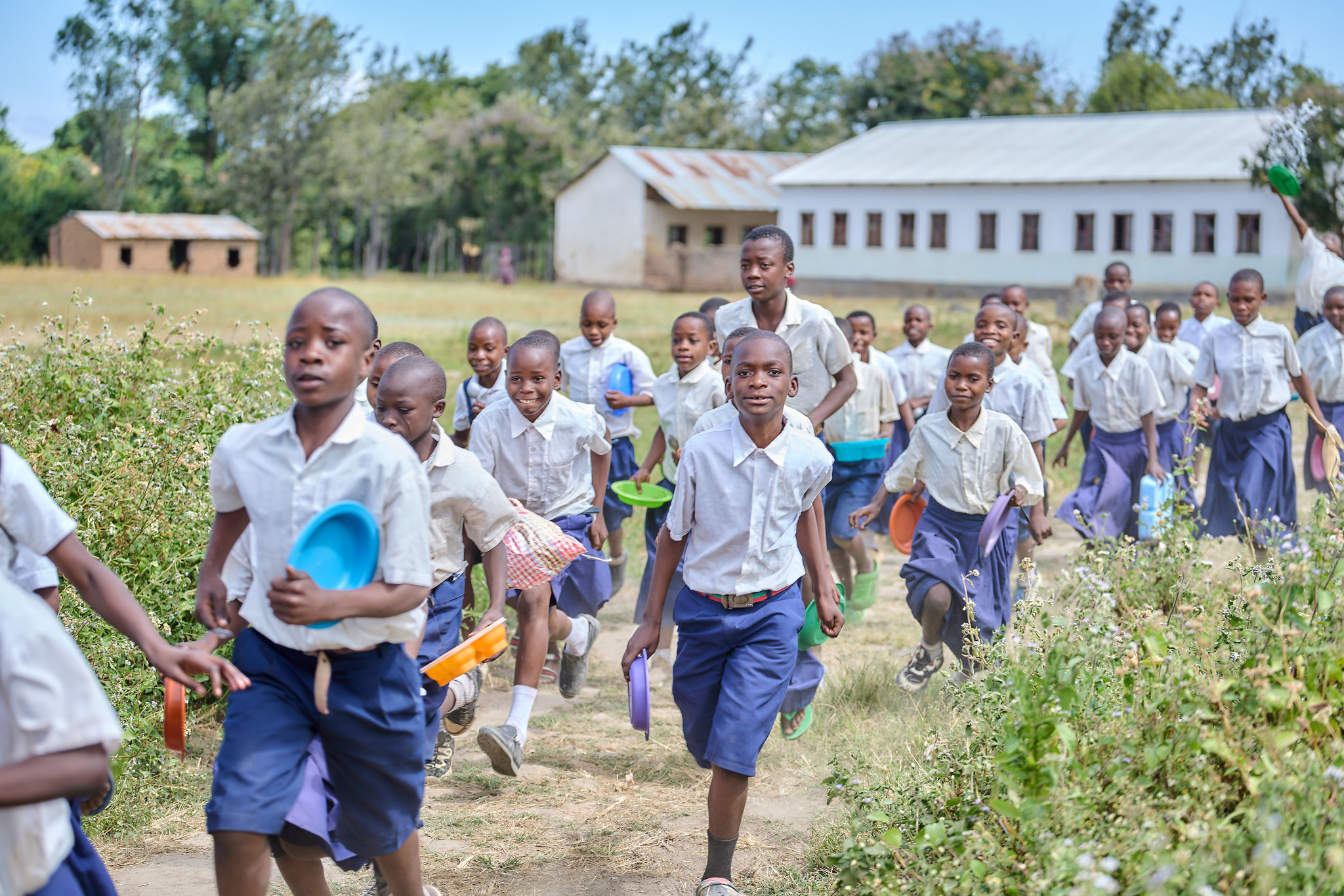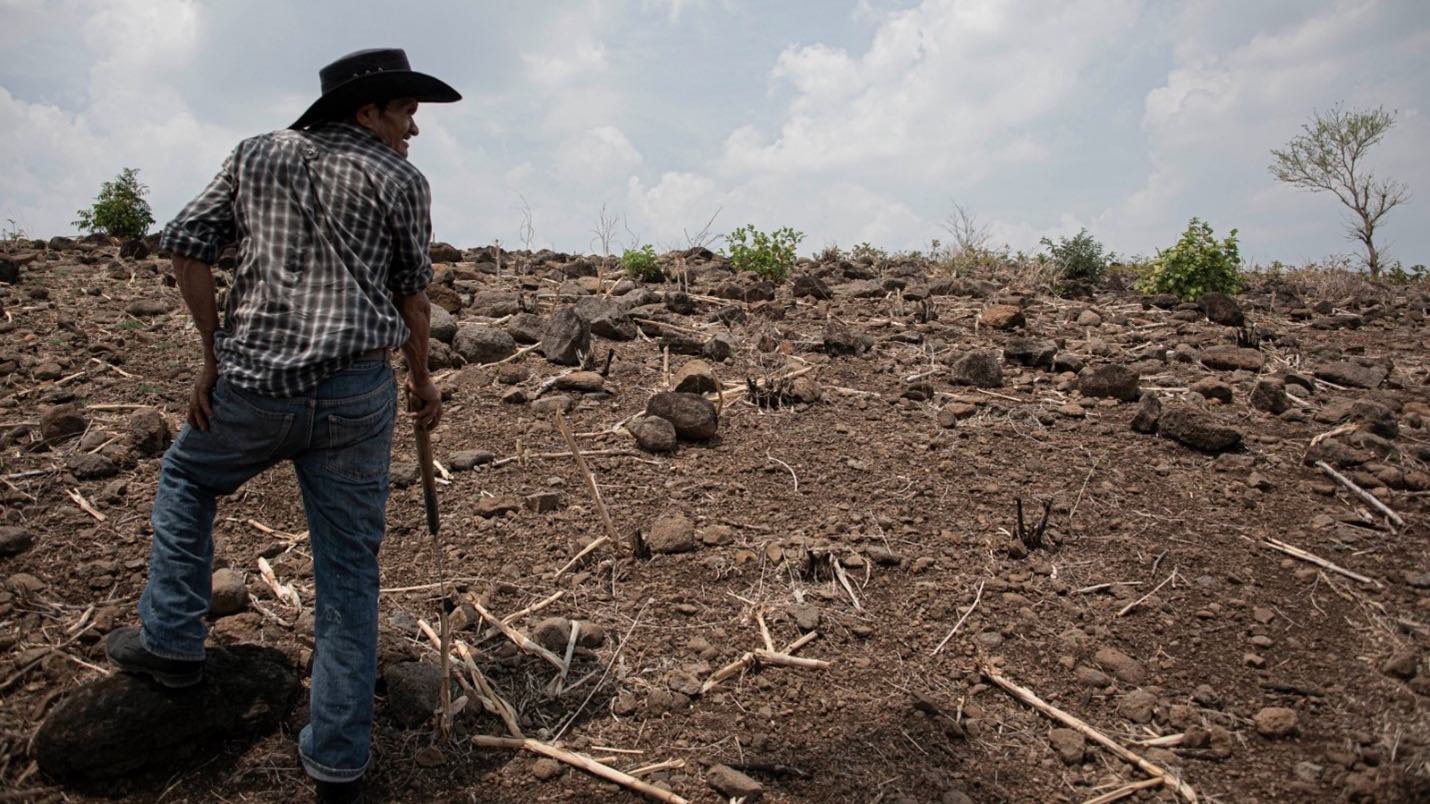The world food situation continues to be vulnerable. A series of weather-related shocks in 2012—including severe droughts in Central Asia, Eastern Europe, and the United States—contributed to global food prices remaining high for a fifth consecutive year, leading many in the development community to call for an end to “costly and distortionary agricultural subsidies in Europe and the United States.” Yet both the US and EU opted instead to increase domestic agricultural subsidies that experts warn may have lasting detrimental effects on the global food system, as well as on food security in other less developed countries for many years to come.
IFPRI Senior Research Fellow David Laborde, who contributed to “The Subsidy Habit”, chapter 6 of the 2012 Global Food Policy Report, recently described how agricultural subsidies in rich countries such as the US and EU as well as emerging economies such as India and China are threatening global food security.
“Food security,” he says, “is not just about producing more food. It’s also about raising incomes across the board, particularly for the poorest and most vulnerable members of society.” Yet emerging policies in the US and the EU are having the opposite effect; they are protecting and raising incomes for their farmers at the expense of fair prices that would help raise incomes among poor, smallholder farmers in developing countries. In the US, for example, the bulk of agricultural subsidies are for growing specific crops such as tobacco and cotton, and in the future more and more will go toward protecting farmers against losses in revenue. In the EU, the European Commission is calling for changes to the current Common Agricultural Policy that will increase direct payments to farmers. According to Laborde, although both proposals stop short of providing direct production incentives, they help USand EU farmers out-produce (and, hence, out-compete) their counterparts throughout the world.
The fundamental problem with such policy approaches, Laborde states, is that they do not reflect the fact that in increasingly globalized markets “everyone is connected to everyone else.” In the long run, these policies will lead to protectionist policies in other countries and restrictive markets, which, in turn, will increase market instability and food price volatility for all. According to Laborde, such policies already are cropping up in key emerging economies such as China and India, which could have an even greater impact on food security in developing countries in the years ahead. A recent G-20 interagency report on food price volatility calls for greater trade cooperation among nations and an end to policies that excessively protect farmers from the risks inherent in agricultural production. The report includes not only US and EU agricultural subsidies but also rising investments to protect Chinese producers.
Assessing the impact agricultural subsidies and other protection measures have on the global food system is extremely complex. For example, the impact varies by whether the country is a net importer or exporter, by whether the population being analyzed is a net food producer vs. consumer, as well as by changing market conditions. The Doha Round of trade negotiations, which began in 2001 and have remained stalled since 2008, increasingly has called for an end to distortionary agricultural support and protection. Yet, as Laborde emphasizes, until global leaders such as the US and EU as well as emerging economies such as China and India start “walking the talk” by leveling the playing field with fair and non-distorting policies, developing countries will not be able to compete in the global marketplace and provide food security for their people. In the end, he says, all the world’s economies, large and small, will suffer the consequences.







